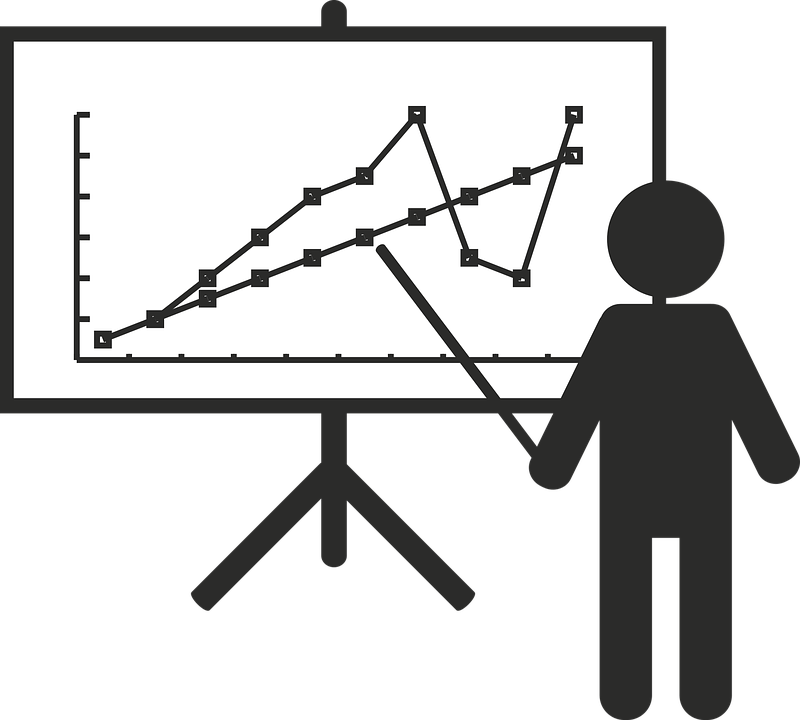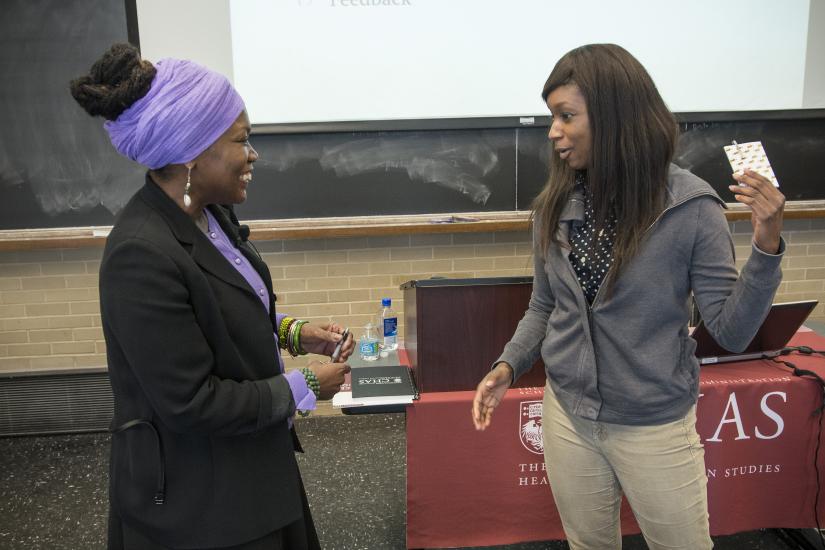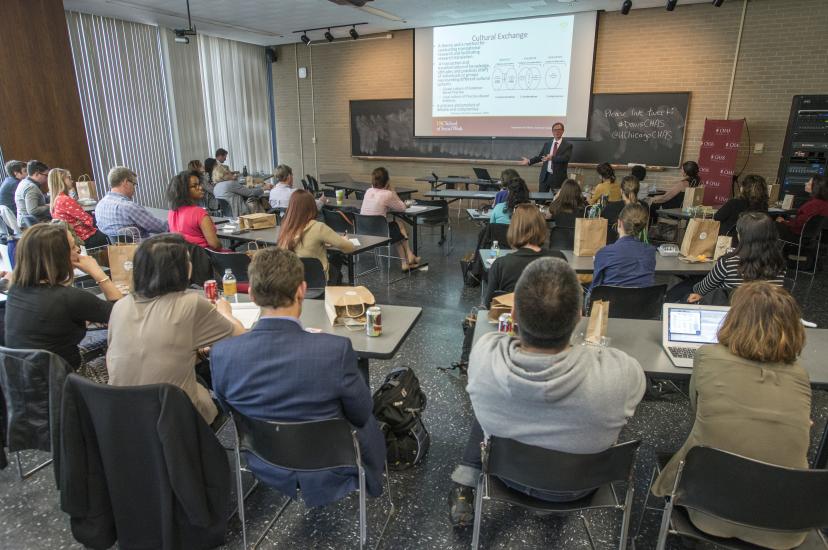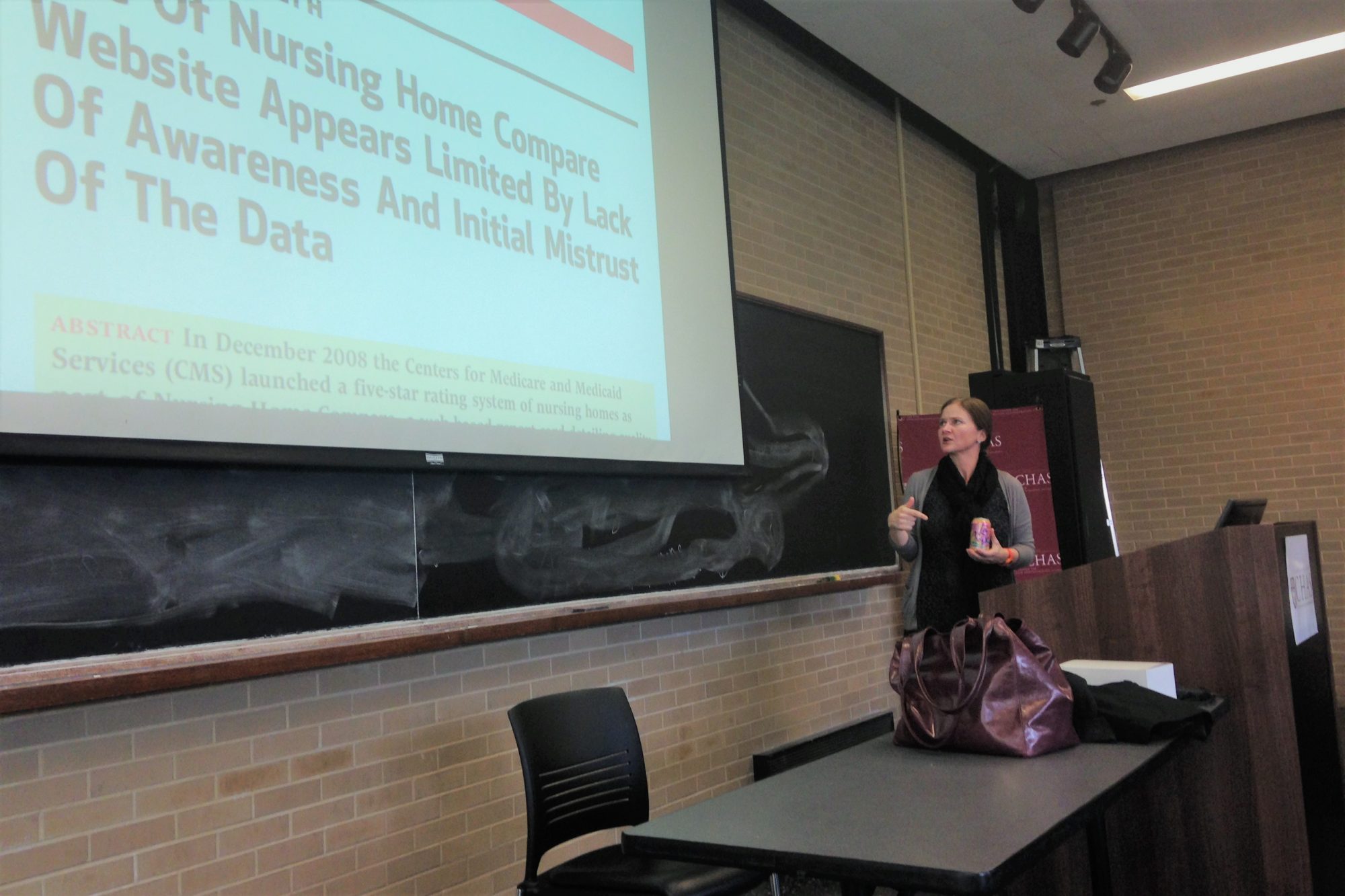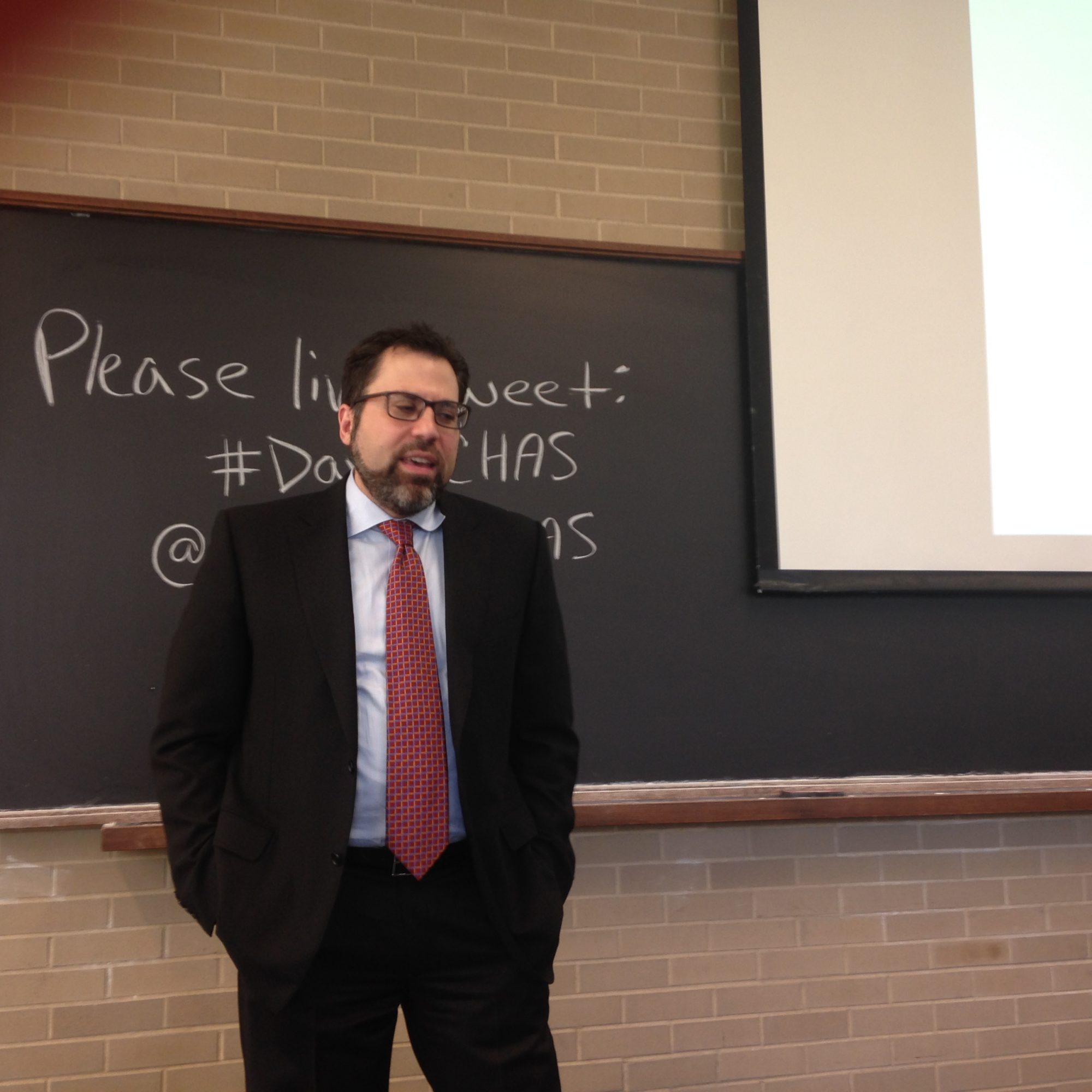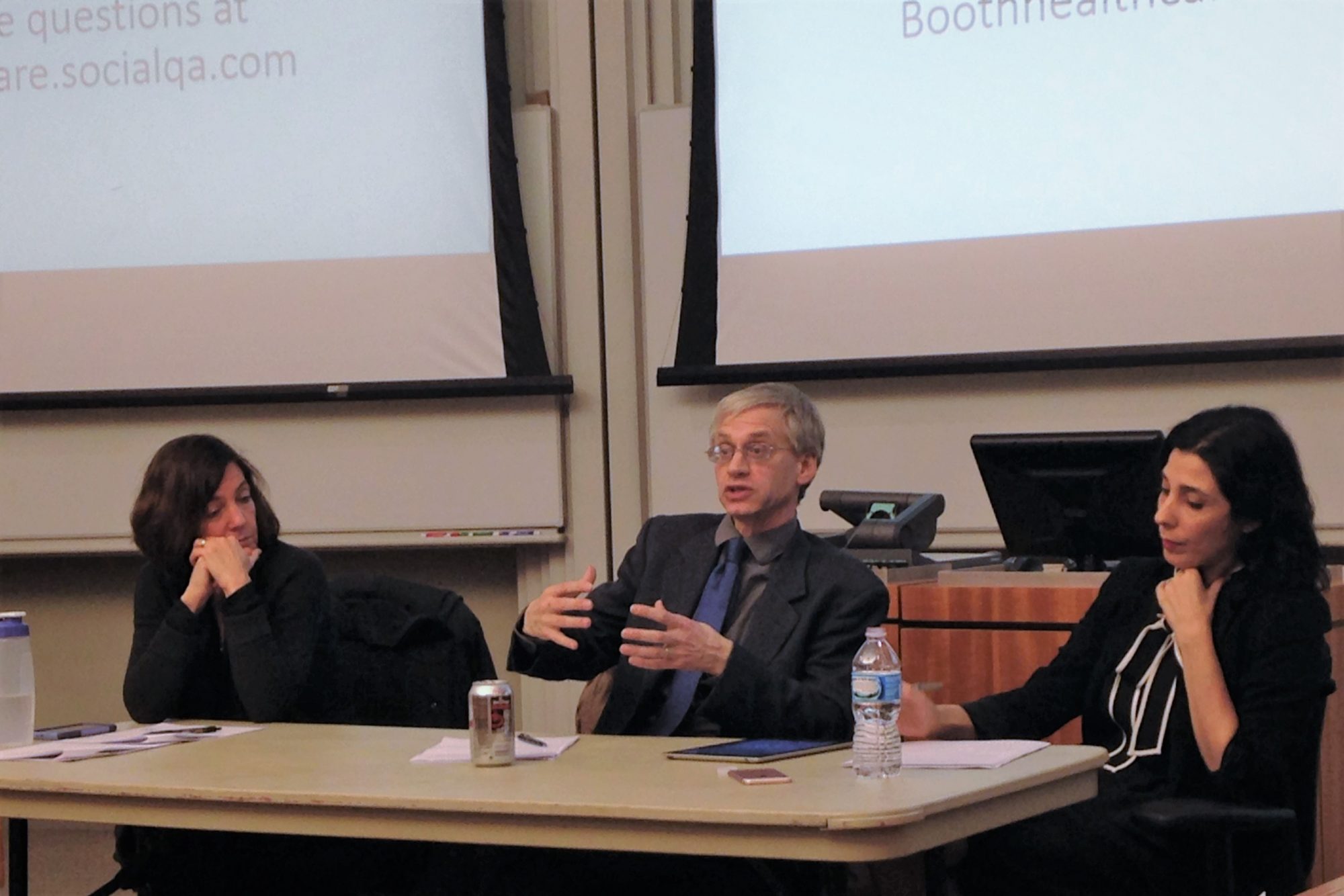The History of Davis Lectures
Each academic semester, CHAS sponsors the Michael M. Davis Lecture Series, which brings renowned policy experts, researchers and commentators to the University to explore the intersection of health policy and the broad needs of vulnerable and disadvantaged populations. CHAS also provides support for conferences and workshops focused on issues surrounding health services and health policy research.
The career of Michael M. Davis spanned almost fifty years in many areas of medical sociology and health administration. Davis’ early years included the establishment of the first “pay clinics” in the United States in 1913, to meet the needs of the working population of Boston, MA. Davis was also the founder of the University of Chicago Graduate Program of Health Administration Studies in 1934. We are proud to carry on the spirit of his early work with vulnerable populations with this lecture series.
Upcoming Lectures
2024-2025 lectures theme:
Access to Healthcare
The aim of this academic year’s theme is to disseminate research that encompasses a broad spectrum of health-related domains, including substance use, homelessness, health disparities, mental health, and maternal health, while focusing on issues related to accessing care. By analyzing the intersection of health policy and access to care, the Davis Lectures series hopes to create a dialogue to promote understanding and to mitigate barriers faced by vulnerable populations, including reproductive-aged women and pregnant individuals, people who use drugs or are in recovery, people experiencing poverty, members of the LGBTQ community, and people of color.
HOW TO ATTEND AND VIEW LECTURES:
Please use each lecture’s REGISTER buttons to either reserve a seat & lunch in the lecture room or to receive a Zoom webinar login for online viewing.
Lecture registrations will be opened approximately one month ahead of the upcoming academic quarter. In order to have an accurate lunch catering order, in-person registrations will close the weekend before each lecture. All Lectures are free and open to the public. Archived lecture recordings can be found on our YouTube channel for convenient viewing.
April 8, 2025 at 12:30pm CT
“Equity in Virtual Urgent Care: Why One Size Doesn’t Fit All”
Lindsay D. Allen, PhD, MA
Assistant Professor, Emergency Medicine
Buehler Center for Health Policy and Economics
Feinberg School of Medicine
Northwestern University
April 15, 2025 at 12:30pm CT
“All This Safety is Killing Us: Considering Abolition in Healthcare “
Ronica Mukerjee, DNP, MsA, FNP-BC, PMHNP-BC, LAc
Assistant Professor of Nursing
School of Nursing
Columbia University Medical Center
April 22, 2025 at 12:30pm CT
“Leveraging Technology to Improve Access to and Quality of Mental Health Interventions for Underserved Populations”
Adrian Aguilera, PhD
Associate Professor,
School of Social Welfare, UC Berkeley;
Department of Psychiatry and Behavioral Sciences, UC San Francisco (UCSF)
April 29, 2025 at 12:30pm CT
“The Local Politics of Homelessness: Why Cities Use Public Safety to Solve Social Problems”
Charley Willison, PhD, MPH, MA
Assistant Professor of Public Health;
Fellow, Cornell Health Policy Center
Brooks School of Public Policy
Cornell University
May 6, 2025 at 12:30pm CT
“Not All In: Race, Immigration, and Healthcare Exclusion in the Age of Obamacare”
Tiffany Joseph, PhD
Associate Professor of Sociology and International Affairs; Graduate Program Director, Sociology
College of Social Sciences and Humanities
Northeastern University
May 13, 2025 at 12:30pm CT
“Mis(sed) Diagnosis: Physician Decision Making and ADHD”
Kelli Marquardt, PhD
Economist
Federal Reserve Bank of Chicago
May 20, 2025 at 12:30pm CT
“Geography of the Health Care Safety Net and Racial/Ethnic Disparities in Mortality”
Emily A. Parker, PhD
Assistant Professor
Edward J. Bloustein School of Planning and Public Policy
Rutgers University
May 27, 2025 at 12:30pm CT
“The “Content” of Medicaid Waivers: How State Medicaid Home and Community-Based Services Waivers Vary and Why It Matters”.
Lauren Peterson
Doctoral Candidate
Crown Family School of Social Work, Policy, and Practice
The University of Chicago

